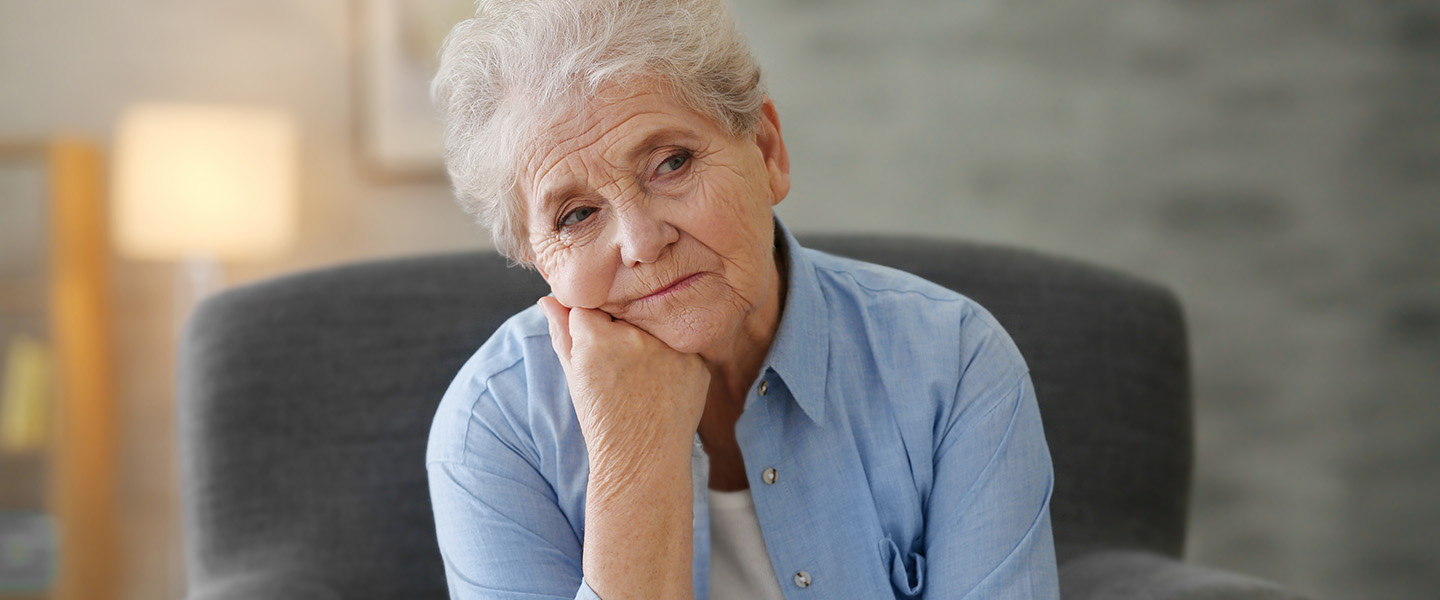Mindfulness Training Plus tDCS Stimulation to Treat Cognitive Decline in Older Persons with Depression or Anxiety
Mindfulness Training Plus tDCS Stimulation to Treat Cognitive Decline in Older Persons with Depression or Anxiety

In older adults, there is a well-established association between cognitive decline and depression and anxiety. Yet, as of now, “there are no evidence-based interventions for older adults that target cognitive difficulties in the context of depression or anxiety,” a newly published study points out.
Authors of that study, appearing in Mindfulness and co-led by 2010 BBRF Young Investigator Tarek K. Rajji, M.D., at the Centre for Addiction and Mental Health at the University of Toronto, designed an intervention specifically to address both declining cognition and depression/anxiety in older adults.
The approach combined mindfulness training with a form of non-invasive brain stimulation called transcranial direct current stimulation, or tDCS.
Mindfulness involves paying attention to the present moment in a non-judgmental way, “merely accepting it with an open and inquisitive nature,” according to the researchers. Put another way, it means learning to accept one’s thoughts and feelings as they occur, and focusing on identifying problems and findings ways to cope with them.
The pilot study adapted a form of mindfulness training called Mindfulness-Based Stress Reduction, or MBSR, which is group-based and taught and practiced with a trained instructor, weekly over a 2-month period. The version used in the study involved home-based application of mindfulness training (after a period of in-person instruction) combined with self-administration, also at home, of tDCS.
tDCS is an experimental form of non-invasive electrical stimulation of the brain that targets low levels of electrical current to specified brain regions in order to modulate the activity and plasticity of neural circuits. Lower in power than FDA-approved methods of stimulation such as transcranial magnetic stimulation, or TMS, which must be delivered by trained personnel in medical facilities, tDCS has been used safely in many studies and can be self-administered, the user wearing a mesh-like cap bearing electrodes.
The small study enrolled 26 people at least 60 years old (the average age was about 70) who had self-reported cognitive issues and also suffered from at least moderate depression or anxiety. All participants attended a thorough preparation program in which they were introduced to mindfulness training and were trained how to use a tDCS device. Some of the participants received active tDCS stimulation during their mindfulness sessions (30 minutes was advised); others received a placebo version of tDCS.
While one in-person group mindfulness session was held during each week of the trial, the main idea was to have the participants practice mindfulness at home each of the other days of the week, if possible, while at the same time using the tDCS device. It was hoped that the two therapies would work synergistically to alleviate both cognitive symptoms and depression and anxiety.
The primary aim in the study was to test whether home administration of both therapies was feasible, measured by the degree to which participants complied with the protocol. Results were generally positive, with 54% average "attendance" at daily home sessions in which mindfulness and tDCS were applied simultaneously. There was no meaningful difference in adherence between the "active" and "placebo" tDCS groups.
The study did show that older adults could self-administer tDCS and practice MBSR at home; and that the treatments were safe and well-tolerated, with tDCS side effects limited to such symptoms as skin itchiness or redness, and headache, typically only while the treatment was being given.
As for impact on symptoms, the team reported medium to large effects in reductions in anxiety, increases in everyday mindfulness, and improvement in social functioning. Effects sizes were smaller for reductions in depression and improvements in cognitive performance. This being a pilot study, these findings should only be considered suggestive, the researchers said.
The team believes their results justify further exploration of the approach. Improving the user interface and including more individualized tDCS training might encourage more patients to participate, and perhaps, benefit. The researchers also suggested that adding cognitive testing to measure more complex cognitive processes might facilitate better coordination of mindfulness training and tDCS therapy.
The team also included Daniel M. Blumberger, M.D., 2010 BBRF Young Investigator, and Sanjeev Kumar, M.D., 2014 BBRF Young Investigator.



